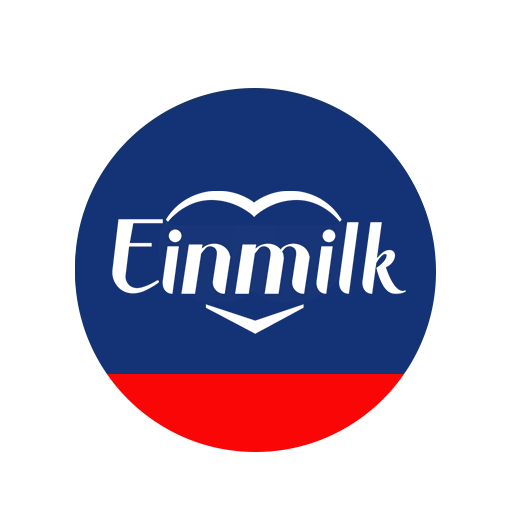Milk killers are the opposite of milk boosters. Instead of increasing milk supply, these foods do the opposite and cause a drop in milk supply.
If you are a breastfeeding mum who is not intending to wean your baby yet, it is best to avoid the listed foods if they have been shown to cause a decrease in milk supply for you.
Our bodies are different, so what may be a milk killer for one mum may not affect you adversely; it may even boost your milk supply!
Unless you have a prior medical condition or allergies, there are no dietary restrictions for breastfeeding mums. However, consuming a balanced diet with nutritious foods similar to what is recommended for pregnant women is ideal.
Foods that affect breast milk supply
- Cabbage
At the top of our list is cabbage. Cabbage has been used by mothers to relieve breast engorgement and reduce breast milk supply since centuries ago. This is done by placing chilled cabbage leaves onto the breast for 20 minutes thrice a day.
There are some mums who report that cabbage and other cruciferous vegetables such as broccoli, brussels sprouts and cauliflower cause gassiness in their babies, but this has been proven to be a myth. However, it is wise to monitor any possible effects on your baby when you consume a new food, or food that are high allergens.
Cabbage is a milk killer for many breastfeeding mums.
- Peppermint
Peppermint tea and candies consumed in large quantities have been said to reduce milk supply in lactating mothers. A candy or two should not cause much impact to your supply, but do monitor as some breastfeeding mums may be more sensitive to certain ingredients than others.
- Caffeine
Water is required to produce breast milk. Caffeine has a known diuretic effect, which means that they increase the need to urinate. Therefore, this could result in a drop in supply. Moreover, the caffeine levels in breast milk peaks about 60 minutes to 2 hours after consumption. Limiting your caffeine intake to less than 300mg is recommended, and remember to hydrate yourselves adequately, nursing mums!
- Alcohol
According to the Centers for Disease Control and Prevention, not drinking alcohol at all is the safest option for both mother and baby. Moderate alcohol consumption (one drink per day) has not been shown to be especially harmful to the infant if the mother waits for at least two hours before nursing. Infant development, sleep patterns and growth could be affected if alcohol is consumed excessively.
In addition, mothers who consume alcohol excessively could have impaired judgement and a decreased ability to properly care for the infant.
- Ginseng
Ginseng is a traditional chinese medicinal herb that mothers should be cautious about consuming when lactating as it may have estrogenic effects that could affect the quantity and quality of milk. There are many varieties of ginseng with various properties, so proper advice from medical professionals should be sought before consumption.
Direct latching is an efficient way to clear the breast and stimulate it to create more milk when you are breastfeeding your child.
How to tell if foods eaten have affected breast milk supply
If you are currently doing exclusive pumping, it should be easy to tell when your pump volume is significantly less than the usual amount collected due to the markings on the bottle or breastmilk bag.
If you are a direct latching mum, it is not possible to measure how much your baby takes in when nursing. However, if you notice fewer letdowns and that your breast is less full, it could be a sign that the food you have consumed has affected your supply.
If you are mixed feeding, do note that less frequent latching or pumping sessions are likely to affect breast milk supply, as breasts produce more milk when emptied often.
Other reasons unrelated to food intake could also be the result of a dip in breast milk supply.
The good news is that it is only temporary and the effect can be reversed by consuming more foods that are reported to improve milk supply as well as drinking enough water and having adequate sleep.
Breastfeeding mummies, do you know what type of food is a definite milk killer for you? Share your story with us!




Comments (1)
[…] milk boosters. On the other hand, ingredients that cause a visible dip in supply are known as milk killers. Of course, other factors come into play when breast milk supply […]